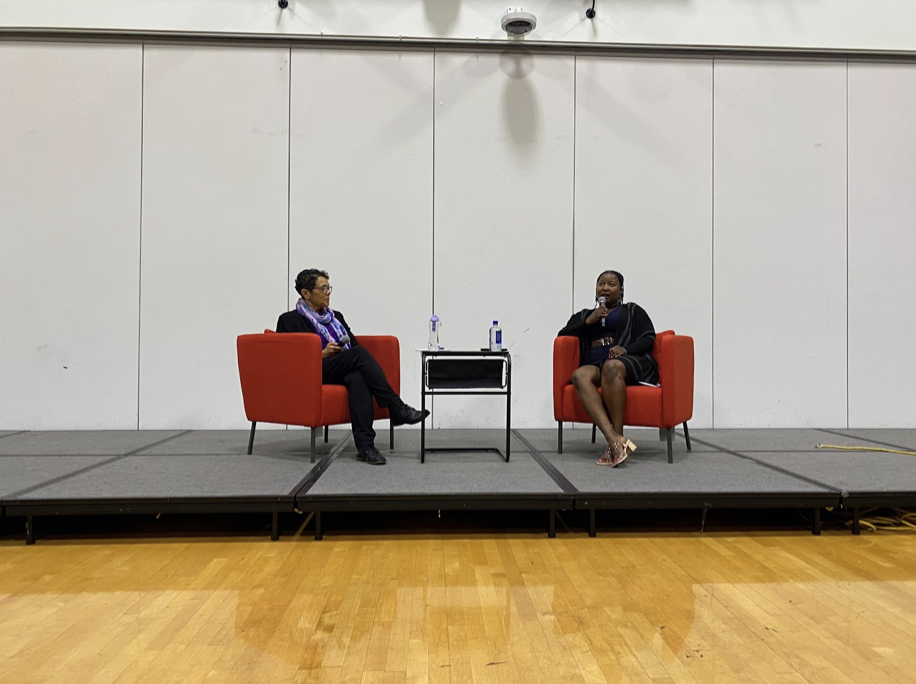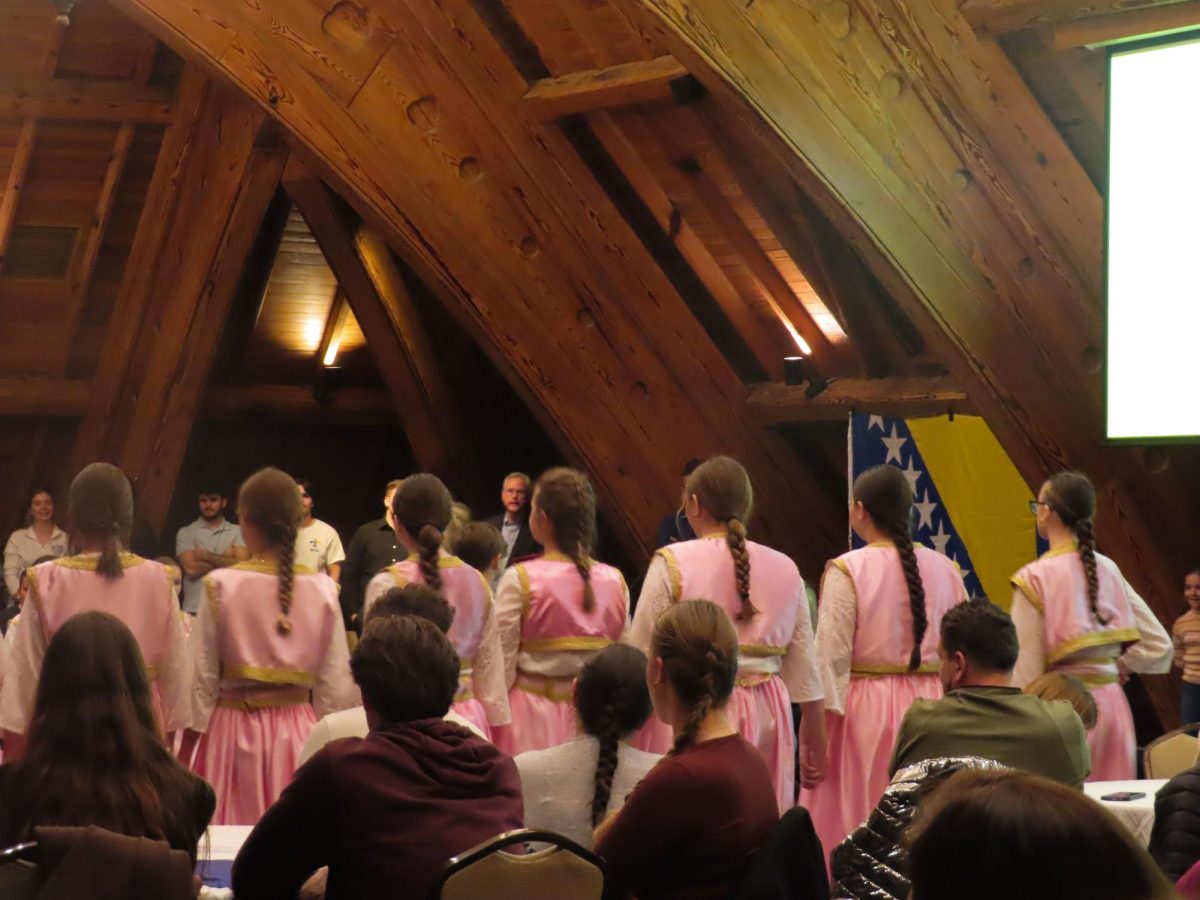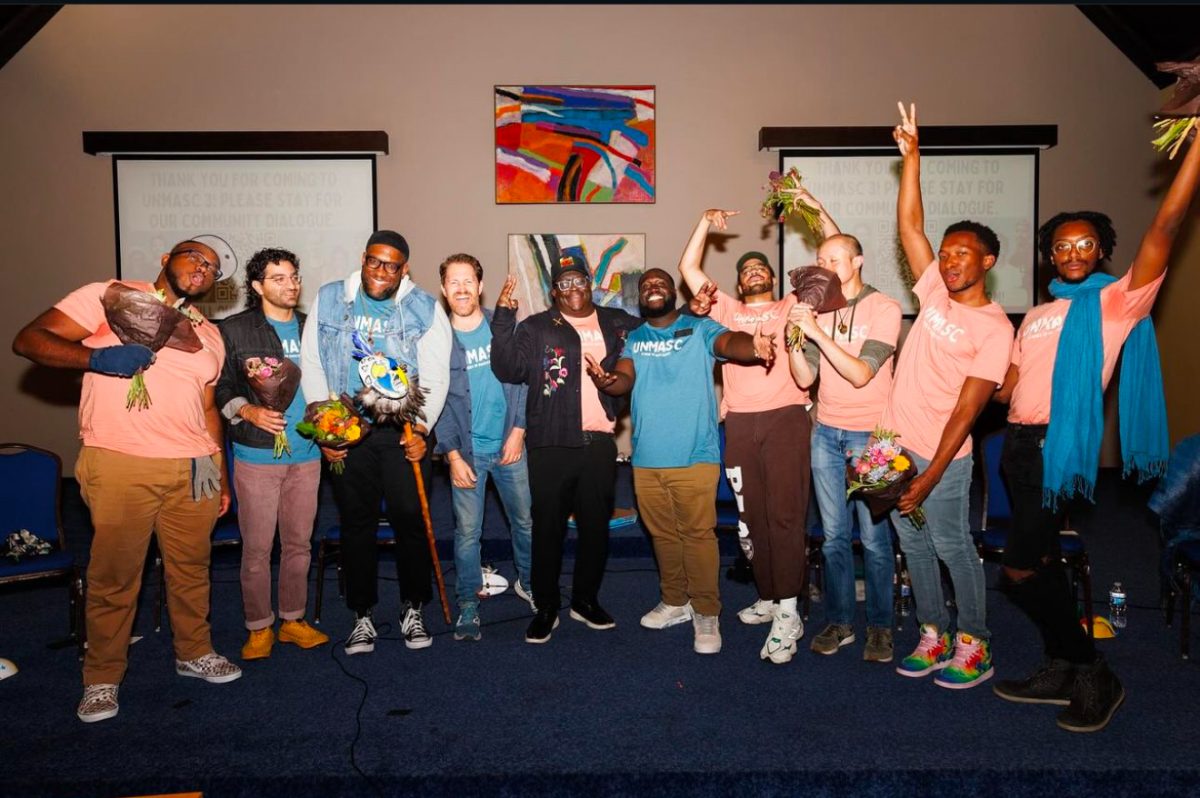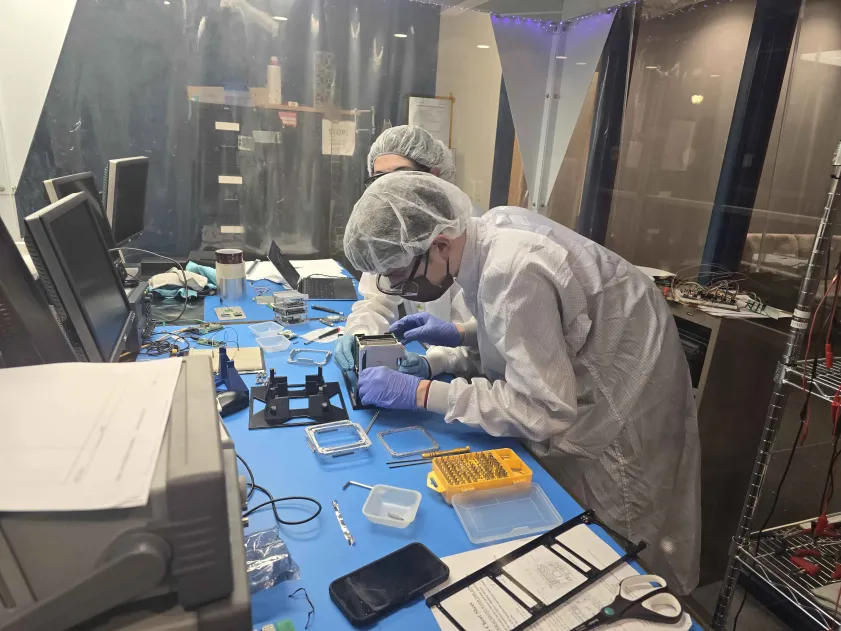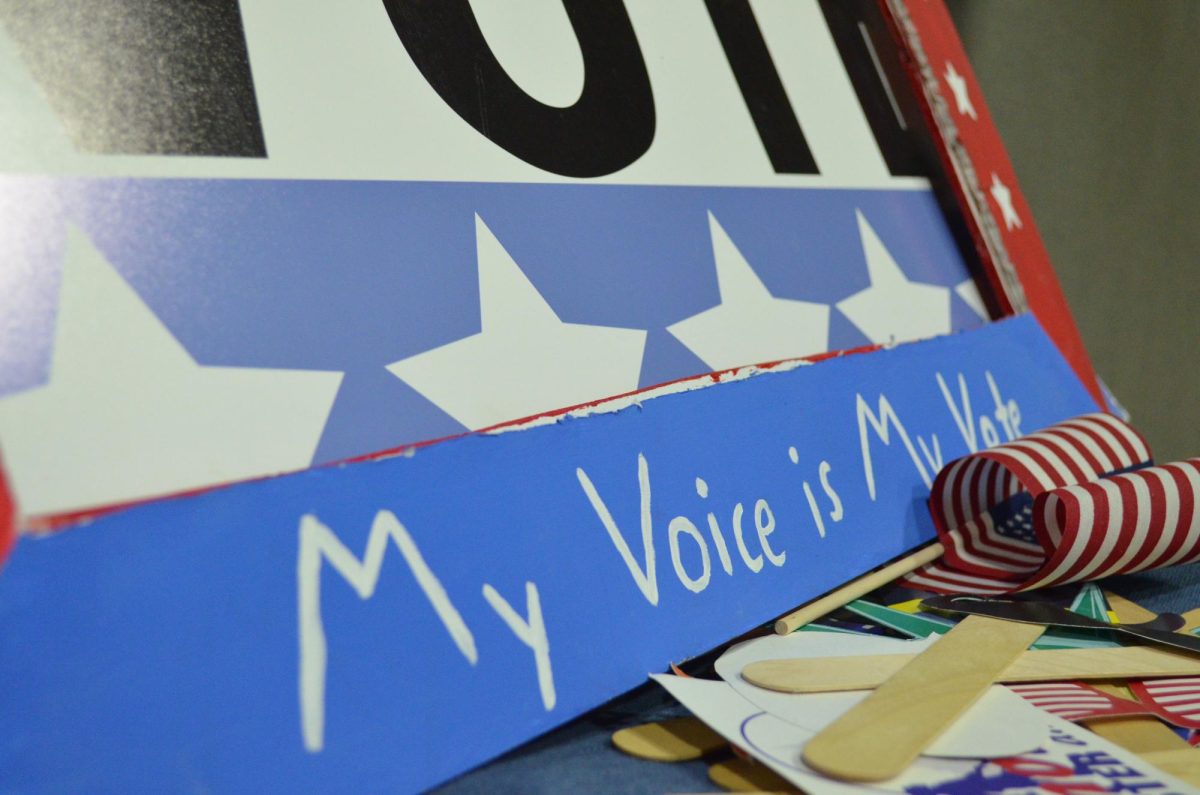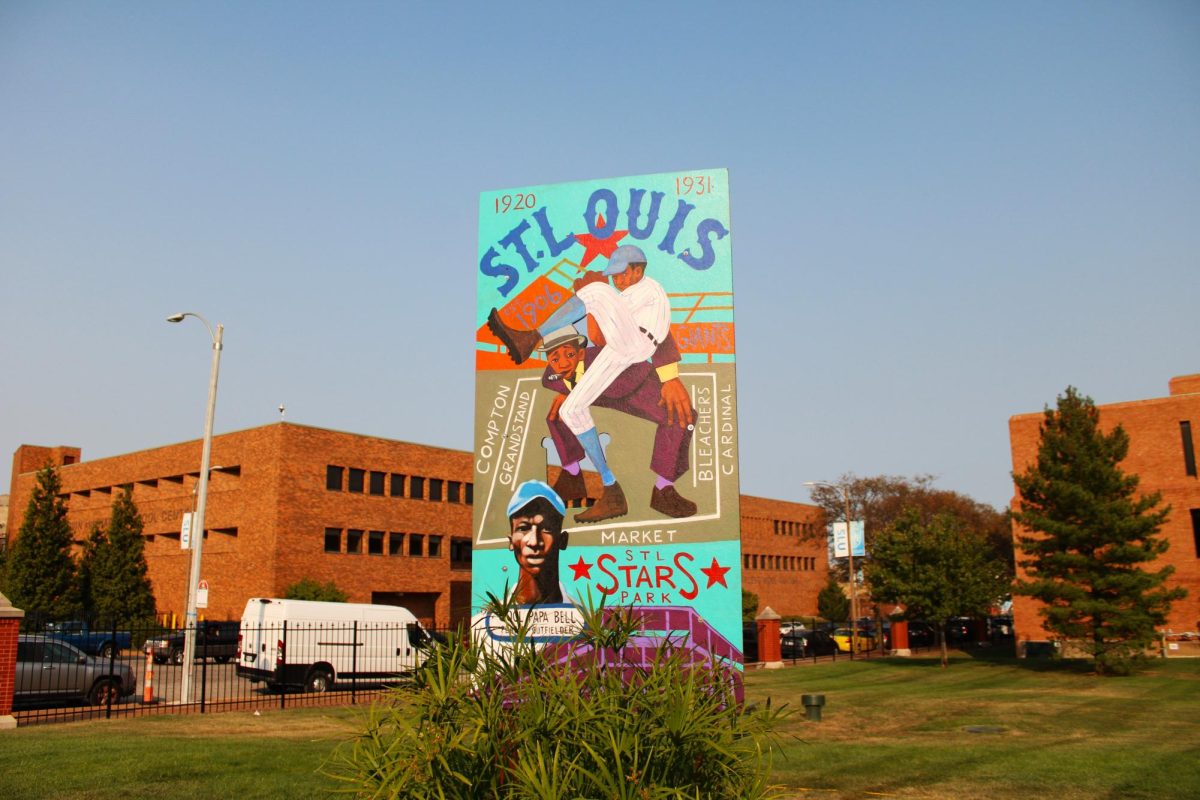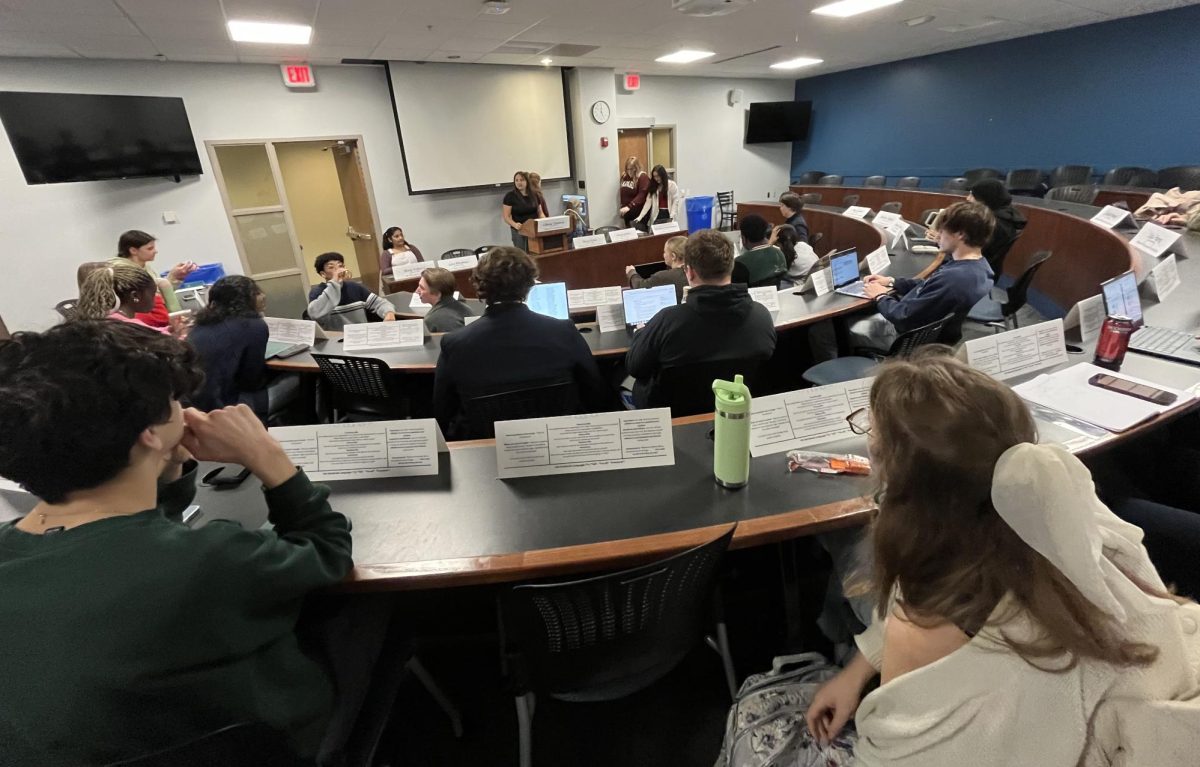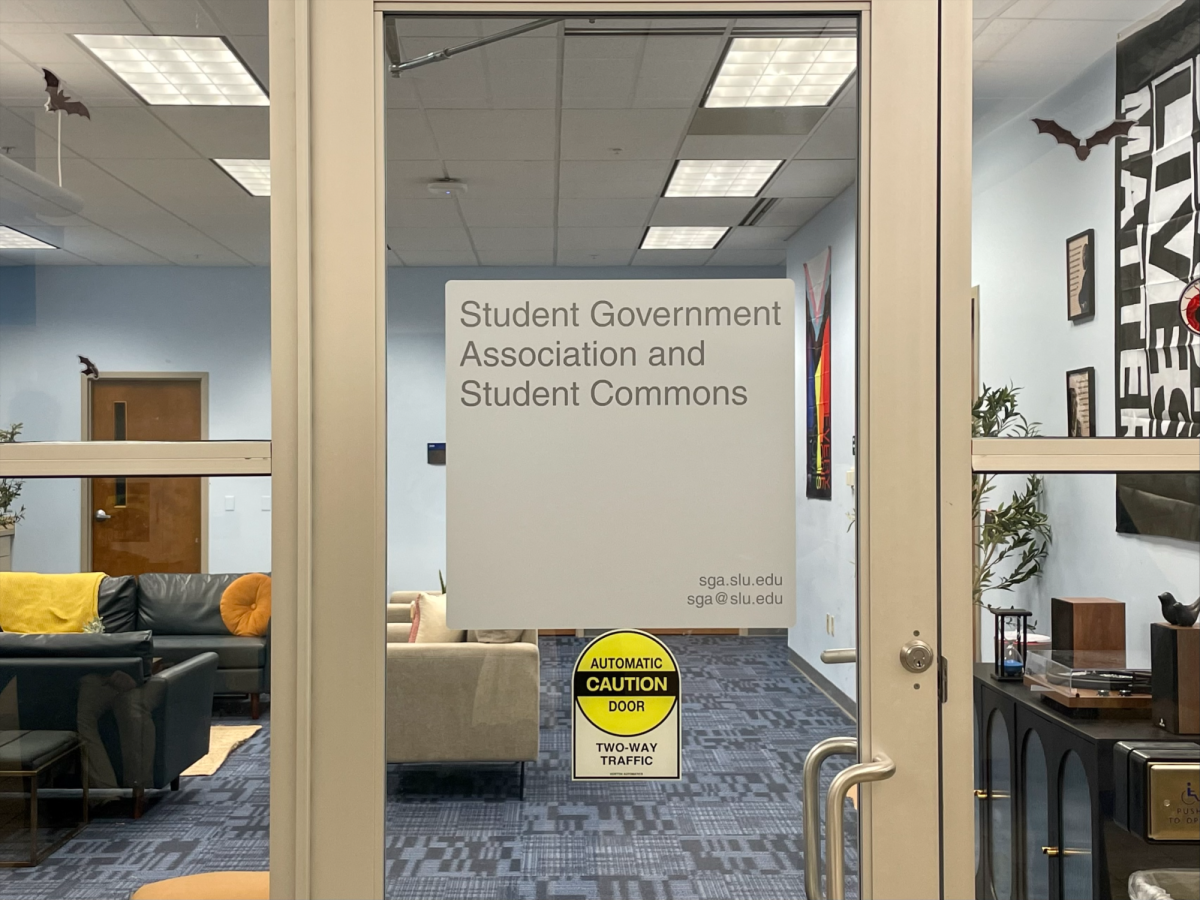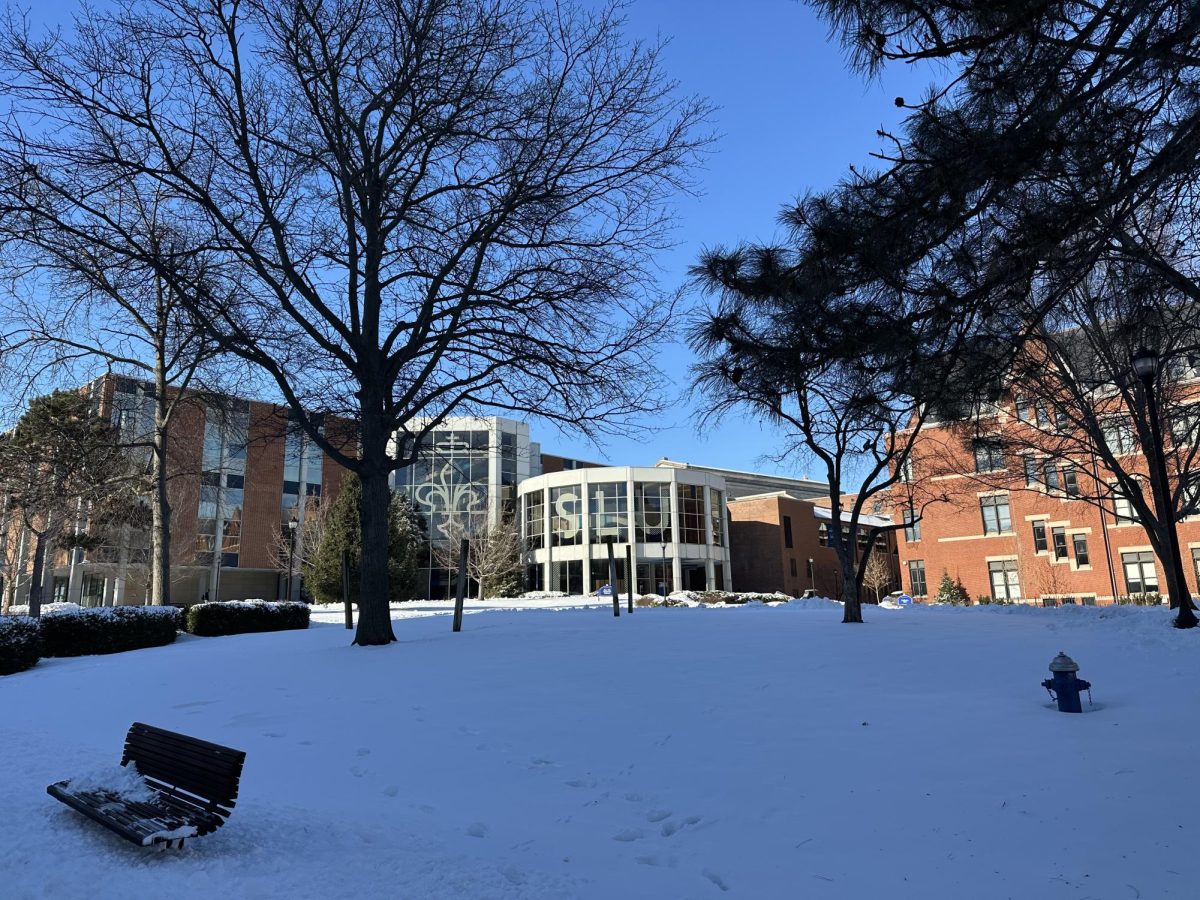As a Black woman in higher education, Dr. Bedelia Richards compared racist and bias incidents in her field to getting mosquito bites during a lecture about institutional racism and antiblackness at Saint Louis University’s Cross Cultural Center for Global Citizenship. At first, like mosquito bites, these incidents may seem small and annoying, but the more they happen, the more they become unbearable.
Richards, the founder of RaceTalk LLC and professor of sociology at the University of Richmond, delivered a lecture titled “Understanding Systemic Racism and AntiBlackness” at Saint Louis University on Sept. 27.
The lecture followed a workshop for undergraduate and graduate faculty members about how to improve their students’ skills in cross-racial dialogues. The workshop was sponsored by the Doerr Center for Social Justice, the Division of Diversity and Innovative Community Engagement and the Reinert Center for Transformative Teaching and Learning. Roughly 30 faculty members attended the workshop, and Richards will return in February to lead the second part of the workshop.
Richards drew on her expertise as a race scholar as well as her lived experiences as a Black woman in higher education in an effort “to use higher education as a case study to better understand how racism and anti-Blackness manifest and is perpetuated within social institutions, organizations and workplaces.”
Much of Richards’ lecture centered around institutional racism and how she has seen it in her own life and within higher education.
“Institutional racism is carried out by social institutions – the economy, the government, education – and is embedded in policies, practices and systems of evaluation that have a disproportionately negative impact on racially marginalized groups,” Richards said.
Now a tenured professor, Richards founded RaceTalk after several experiences within her classrooms and predominantly white university surrounding difficulty and discomfort when talking about race. After seeing its success, Richards now implements these workshops in all of her classes and leads workshops at universities.
Richards explained how racism at the institutional level can be difficult to pinpoint because it exists in things that are normal and routine, like student evaluations, hiring processes, administrative responses and promotions.
“As a Black woman, my no nonsense demeanor and straightforward communication style was often interpreted in student evaluations as ‘mean,’ ‘rude’ and ‘intimidating,” Richards said. “These comments reflect the fact that I was not perceived as typically feminine by being nice and nurturing.”
These gender expectations were filtered through a racialized lens and cemented the idea that Black women are often viewed as rude, aggressive and intimidating, she added.
“The racism was gendered and the sexism racialized,” Richards said. “During my first two years as a tenure-track assistant professor, challenges to my authority happened quite frequently.”
As a Black professor, Richards often had students go “above her head” to higher department chairs or administrators to complain about her teaching, rather than speak to her directly, resulting in her department chair having separate meetings with her to address student concerns. According to Richards, this is common for many professors of color.
“It was infantilizing and humiliating to be treated like a child rather than a professional,” Richards said. “My chair’s approach contributed to a hostile and unsupportive environment for me at a time when support and mentorship from my chair was critical to my career.”
Richards is not alone in her experience as a Black woman in higher education.
“While these experiences contributed to a hostile work environment for myself, it also has the same impact on other marginalized faculty across many institutions of higher education,” Richards said. “This is what we mean by institutional racism. The fact that this treatment is rooted in gendered, antiblack stigmas and ideologies that target black women in particular.”



